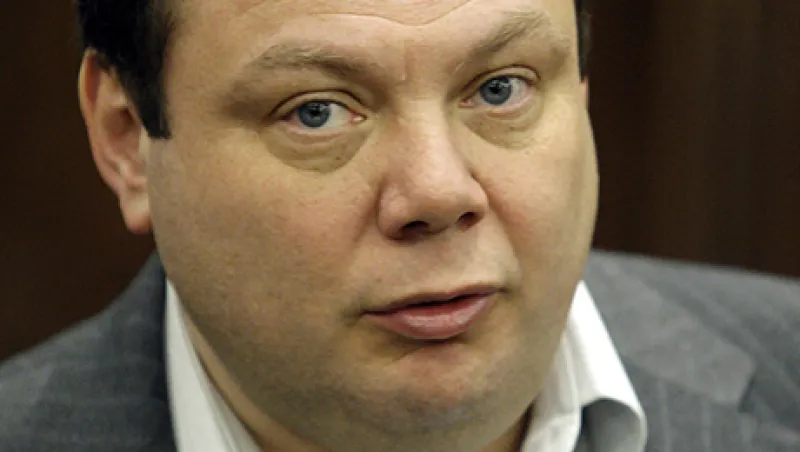
Mikhail Fridman, co-owner of Alfa-Bank and a partner in TNK-BP Holding, speaks during an interview at the Russian Business Forum in Moscow, Russia, on Wednesday, April 15, 2009. OAO Lukoil, the Russian oil producer with the most assets abroad, may meet a request by OAO Gazprom to reduce the amount of natural gas it produces at its Uzbek venture because of lower demand. Photographer: Alexander Zemlianichenko Jr/Bloomberg News
ALEXANDER ZEMLIANICHENKO JR/BLOOMBERG NEWS

